
Stories, ideas, and updates from DGers around the world
The Development Gateway: An IREX Venture blog is where DGers share specific learnings, offer thought-provoking insights, and pose challenging questions for the sustainable development community derived from our work.
Our blog has a deep archive going back to 2005. Each post is a snapshot into our work, priorities, and values.

Benefits of an Internal Data Culture
'The United States made a big move when it announced DJ Patil as the First US Chief Data Scientist. Patil was at the Strata + Hadoop World Conference when Barack Obama announced the decision via video call before Patil spoke to the audience about Data Science: Where Are We Going. The video can be found here and it is definitely worth watching the 13 minutes as he explains the impacts of data in government.'
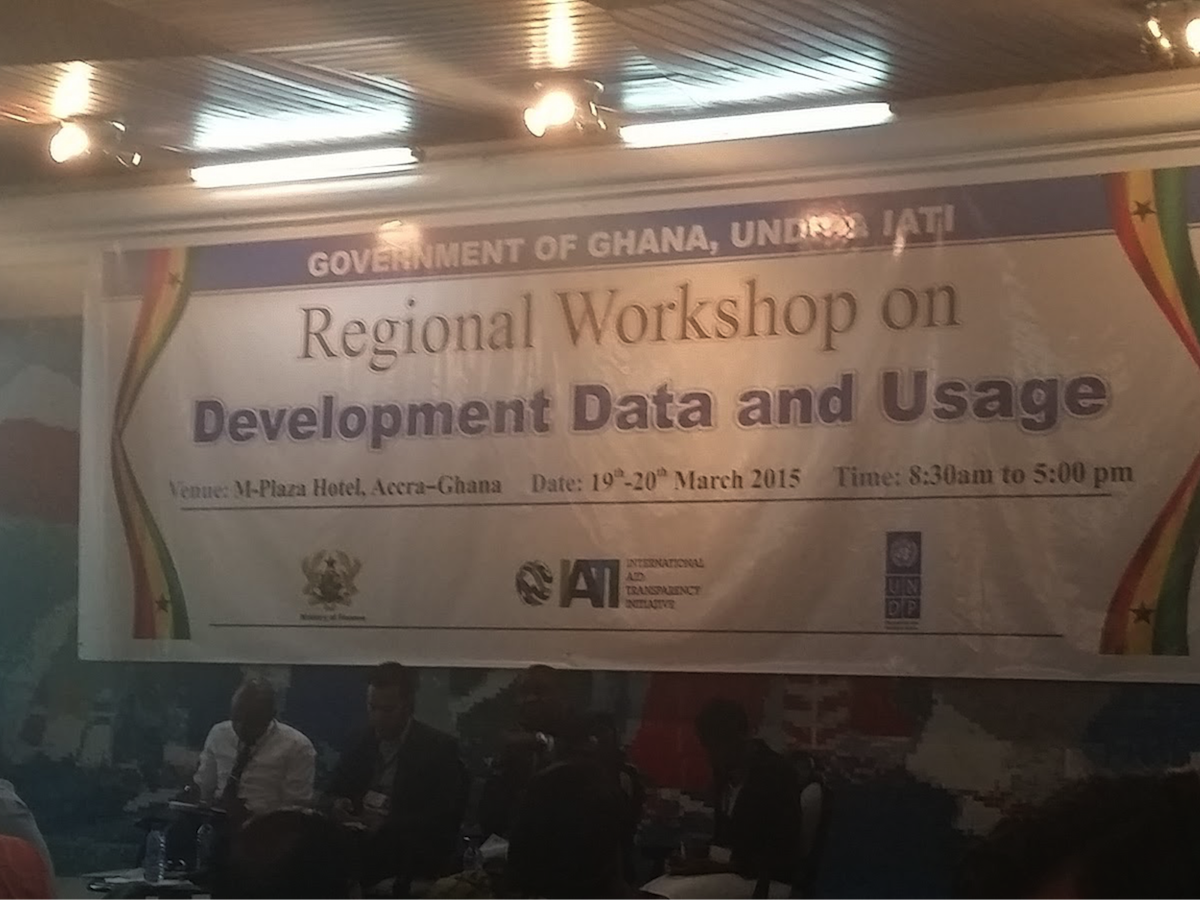
Governments as Open Data Users: The Future of IATI
On March 19-20, the IATI Secretariat convened a Regional Workshop on Development Data and Usage. This event included 14 country governments from across Africa, as well as a handful of Ghanaian and international civil society organizations and service providers.
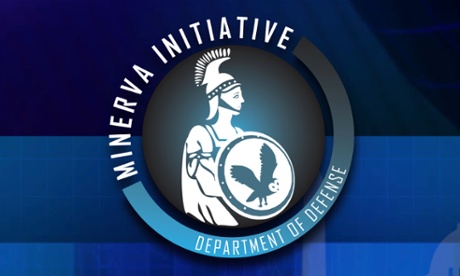
Minerva Initiative examines relationship between aid and conflict
Foreign aid dollars promote peace and security – or do they? This is the fundamental tenet underlying huge amounts of development financing, driven by studies showing that higher household wealth can mean reduced violence or that targeted spending may undermine rebel groups who win allegiance by providing social services.

A New Development Gateway
'Development Gateway is proud to announce the publication of its 2012-2014 Annual Report!As the letter from Board Chair Mary O''Kane illustrates:'
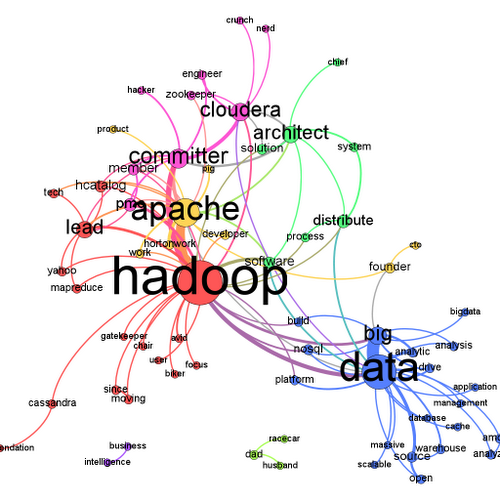
A Data Revolution from the Inside Out
The eight Millennium Development Goals are targeted for completion in 2015, and the Sustainable Development Goals (SDGs) will be the world’s new targets. These SDGs necessitate a “Data Revolution,” and every organization needs to start laying the groundwork now for a successful future.
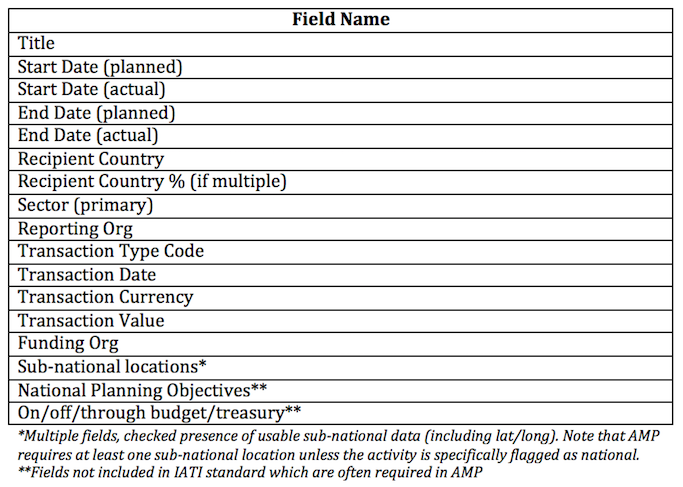
IATI and Country Systems: Data Evaluation Methodology
Last week, we shared big-picture challenges and opportunities our team identified when evaluating IATI data for country-level integration. In this post, we will explain in more detail our data comparison and methodology used to analyze IATI and in-country data...
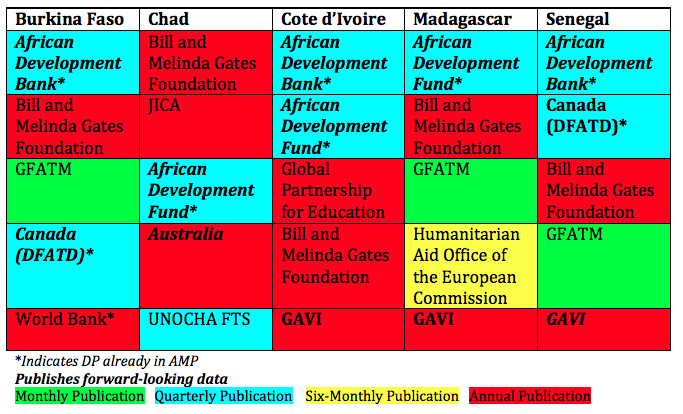
IATI and Country Systems: Data Evaluation Results
Earlier this year, we announced a new partnership between Development Gateway and the French Ministry of Foreign Affairs and International Development to integrate IATI and Aid Management Platform (AMP) data in Burkina Faso, Chad, Cote d’Ivoire, Madagascar, and Senegal. Below is an update on outcomes to-date; our next post will describe in-depth the data methodology for this process.
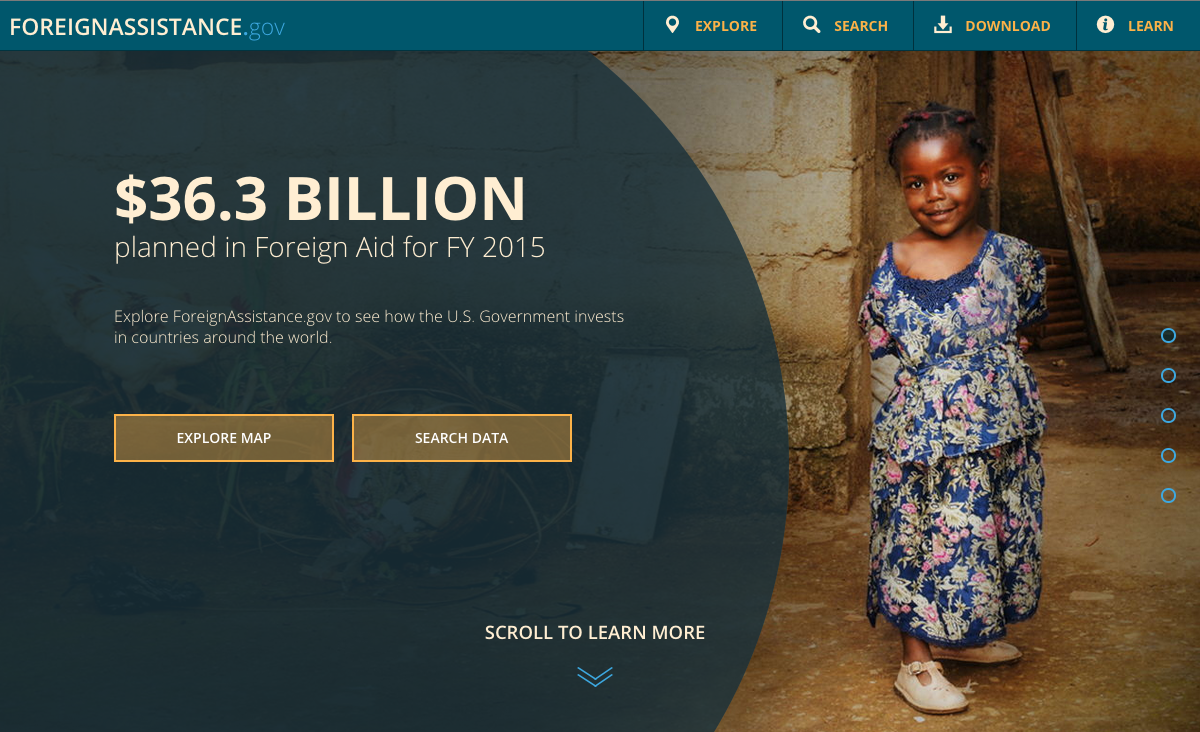
A Call to Do More with Data
On Wednesday, February 25th, 2015, AidData co-hosted a consultation event at the OpenGov Hub with U.S. Department of State's Foreign Assistance Resources office, the U.S.
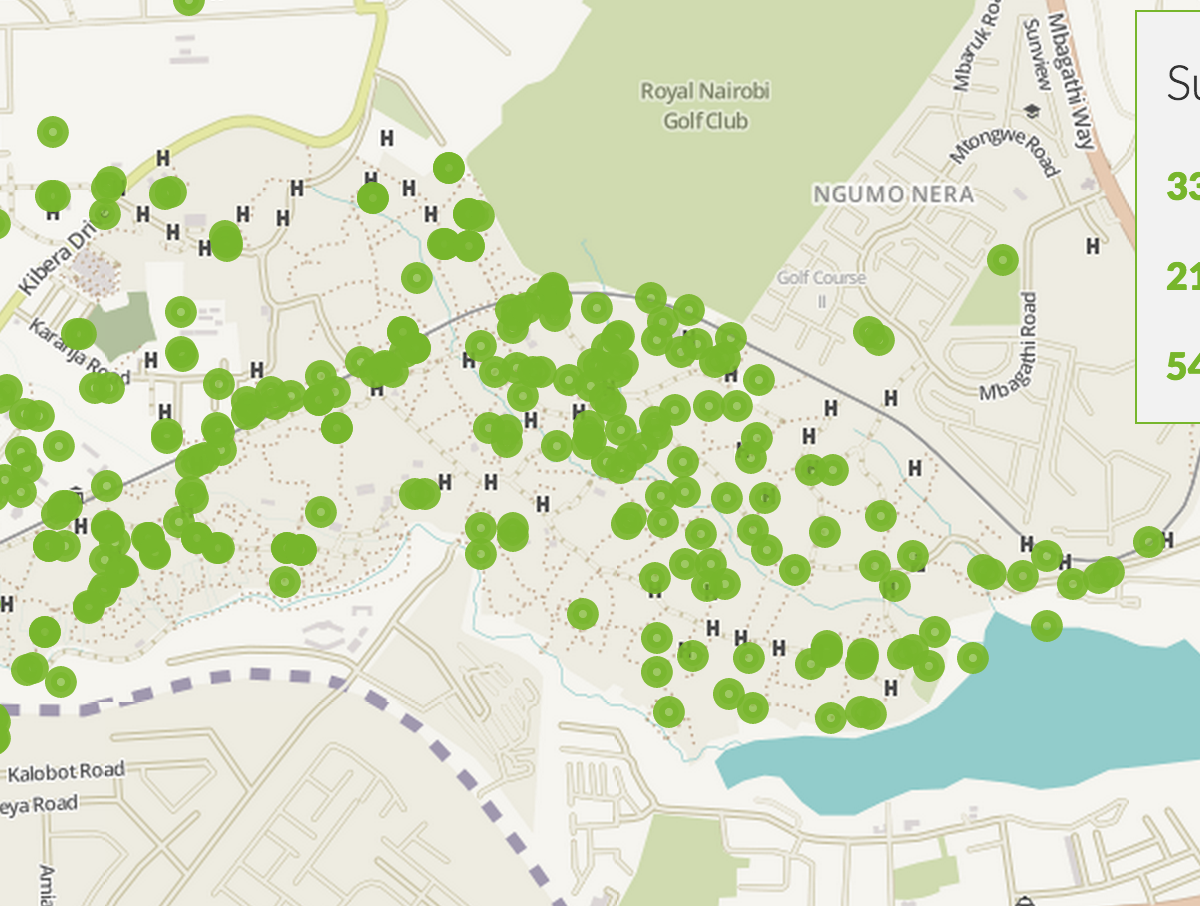
Launch of Open Schools Kenya
Parents, teachers, governments, and social welfare organizations all want to provide children with the best education possible. In most places, these groups work together to allocate resources, build schools and improve the quality of education. But education officials, organizations and families need information to guide these efforts. Sometimes even the most basic school information – like school location, fees, class size, or even building types – is completely unavailable, inaccessible, or out of date.
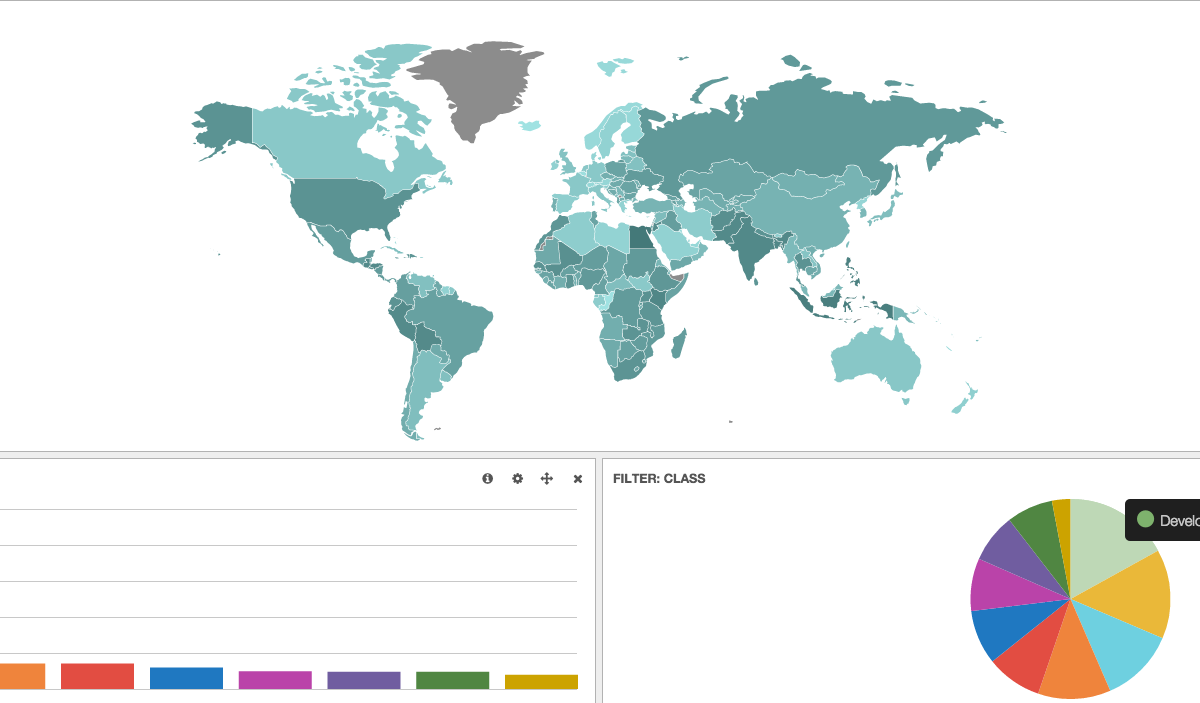
Liberating 35 Years of USAID Experience
'Since the introduction of a US Open Data Policy in 2013, domestic agencies - particularly in the foreign assistance sector - have made great strides in opening up their financial, programmatic, and evaluation information. As recently highlighted by the Center for Global Development:'